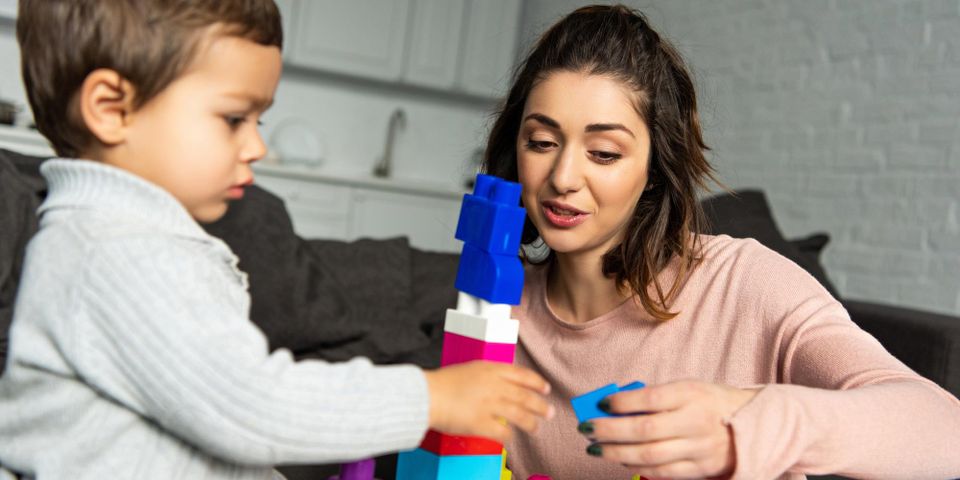What's the Difference Between Physical & Legal Child Custody?

Although you may no longer wish to live with your spouse, you probably have strong opinions on where your children reside after your divorce. However, place of residence is just one aspect of child custody. To learn more about the two main types, physical and legal, consider the following guide.
Physical Custody
This term refers to a parent’s right to live with their child. In other words, you’ll be in the physical presence of your son or daughter. As a result, you’ll be responsible for their whereabouts and daily activities, such as getting them to school, making them dinner, and seeing them off to bed.
If you have sole physical custody, your child will live with you all the time, only seeing the other parent for occasional visitation. If you were awarded joint custody, the child would spend time living with both of you, traveling between houses. This type of arrangement is viable only if you and your ex-spouse live close to one another. Otherwise, the judge may not believe long trips between homes is in the best interest of your child.
 If sole custody is necessary, the judge will award it to the parent who lives close to the child’s school, friend groups, and extracurricular activities so as not to uproot their day-to-day routine further. Of course, a judge will also consider each parent’s resources and who the child is closest to.
If sole custody is necessary, the judge will award it to the parent who lives close to the child’s school, friend groups, and extracurricular activities so as not to uproot their day-to-day routine further. Of course, a judge will also consider each parent’s resources and who the child is closest to.
Legal Custody
This form of custody involves parental authority in a legal sense. For example, before a child turns 18, their parents get the final say on where they go to school, what they have for dinner, what doctor they see, and what rules they must follow under their roof.
Even if you are not awarded physical custody over your child, you may still have legal custody, or the right to make decisions for your son or daughter. Both parents usually retain legal custody and are asked to make parenting decisions together. In some cases, such as if one parent has a history of substance abuse or domestic violence, the judge may decide to let legal custody rest solely with the other parent.
If you’re interested in learning more about the complexities of child custody, contact Kevin R. Bryant Attorney at Law. This Crossville, TN, attorney has over 16 years of experience helping clients across a wide range of practice areas, from family law to personal injury claims. He also handles criminal law cases, including DUIs. To learn more about this trusted lawyer, visit the website. You can also call (931) 787-1004 to arrange for a consultation.
About the Business
Have a question? Ask the experts!
Send your question

